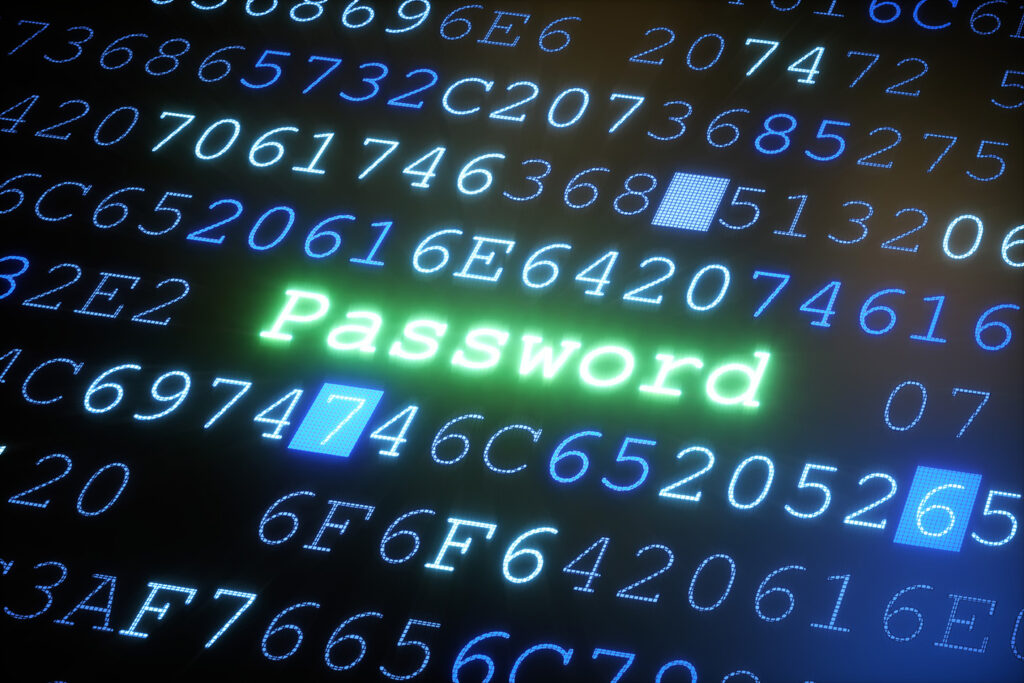Researchers in the field of cybersecurity issued a warning this week following the identification of the “Mother of all Breaches.”
Twenty-six billion records were compromised online, making this the most significant data breach in history, according to experts.
On an unsecured website, sensitive data from well-known sites such as LinkedIn, Dropbox, and Twitter was discovered; experts warn that this could trigger a “tsunami of cybercrime.”
Consequently, is your data secure?
Researchers from Cybernews and the proprietor of SecurityDiscovery.com, Bob Dyachenko, disclosed yesterday that they had discovered a massive data breach.
Researchers found 12 gigabytes of data on an open instance on the internet.
Extremely confidential personal information was among the billions of username and password combinations contained in this data.
The researchers caution that in the hands of criminals, this dataset could be “extremely hazardous.”
Applying a data breach detector, such as the one provided by Cybernews, to determine whether or not this involves any of your information is the simplest method.
Simply select ‘Check Now’ after entering your mobile number or email address into the search bar to access this tool.
Mantas Sasnauskas, the director of security research at Cybernews, stated that the organization is working diligently. They aim to ensure that the tool contains every record from this recent breach.

According to Mr. Sasnauskas, the tool has registered over 70% of MOAB breach records.
About one-third of the affected material is hidden due to the MOAB’s combination of historical and recently acquired data.
Consequently, the data leak detector will likely indicate whether your information was compromised in the most recent breach.
Uncovering the Vast Breach Impact
To find compromised accounts, Mr. Sasnauskas and his team are reviewing the remaining 30% of newly identified leaks.
Cybernews has compiled a searchable directory of compromised sites for individuals with specific security concerns.
Additionally, you may be able to determine whether a compromise has occurred when suspicious activity begins to appear on any of your accounts.
Login notifications from unauthorized accounts may indicate unauthorized access.
However, due to the magnitude of the compromise, Mr. Sasnauskas cautions that it is highly likely that you have been impacted.
The researchers approximate that this breach comprises in excess of 15.5 billion distinct combinations of passwords and accounts, originating from 3,386 different websites, of which over 20 have been implicated in the compromise of hundreds of millions of records.
The most significant intrusion occurred on Tencent’s QQ, a widely used messaging application in China, which contained 1.5 billion records.
In addition, AdultFriendFinder (220m), MySpace (281m), Twitter (281m), and LinkedIn (251m) all contributed to significant breaches.
This means internet users may almost certain that the intrusion compromised one of their accounts.
Securing Against Widespread Cyber Threats
ESET worldwide cybersecurity counsel Jake Moore advises users to assume their accounts have been compromised.
Hackers might exploit one account to access others owned by the same person, which is the biggest risk.
Mr. Moore stated, “Unfortunately, many individuals continue to reuse their preferred passwords across multiple sites, which facilitates the lateral and extremely rapid spread of this type of beach.”
“Therefore, individuals should utilize this announcement to strengthen the security of their accounts by implementing multi-factor authentication in addition to creating unique passwords.”
If compromised, even a deactivated old account can start a cycle of progressively dangerous attacks, Mr. Moore warns.
He states, “Criminals can accomplish a great deal by gaining access to accounts that contain other personal information, such as a residence address or phone number.”
Brian Martin, director of Product Management at Integrity360, states, “It is common knowledge that malicious actors compile private copies of previous breaches in order to fund their malicious operations.”
This compromised data, according to Mr. Martin, is precious for phishing, social engineering, and credential-stuffing attacks.
He advises individuals and organizations to practice sound cyber hygiene in order to reduce the likelihood of future attacks.
The Menace of Database Markets
This includes being vigilant against phishing techniques, resetting passwords, and utilizing two-factor authentication.
Mr. Martin further states, “The absence of these fundamental cyber hygiene measures has always increased your vulnerability, but the risks increase even more with the availability of such a massive compilation database of information.”
According to the researchers who identified the compromise, the perpetrator is unlikely to be placed at this time.
Mr. Sasnauskas, on the other hand, is suspicious that it was developed by an individual attempting to establish an illicit marketplace for confidential data.
“Historically, there were such services, and they do reappear on occasion,” he continued.
“Essentially, for a couple of dollars, one could purchase the passwords for other users’ accounts by entering their email address.”
Additionally, this may have been compiled by a data broker or another organization that handles enormous quantities of data.
Nonetheless, according to Mr. Sasnauskas, it was more likely to have been developed by a malignant actor.





